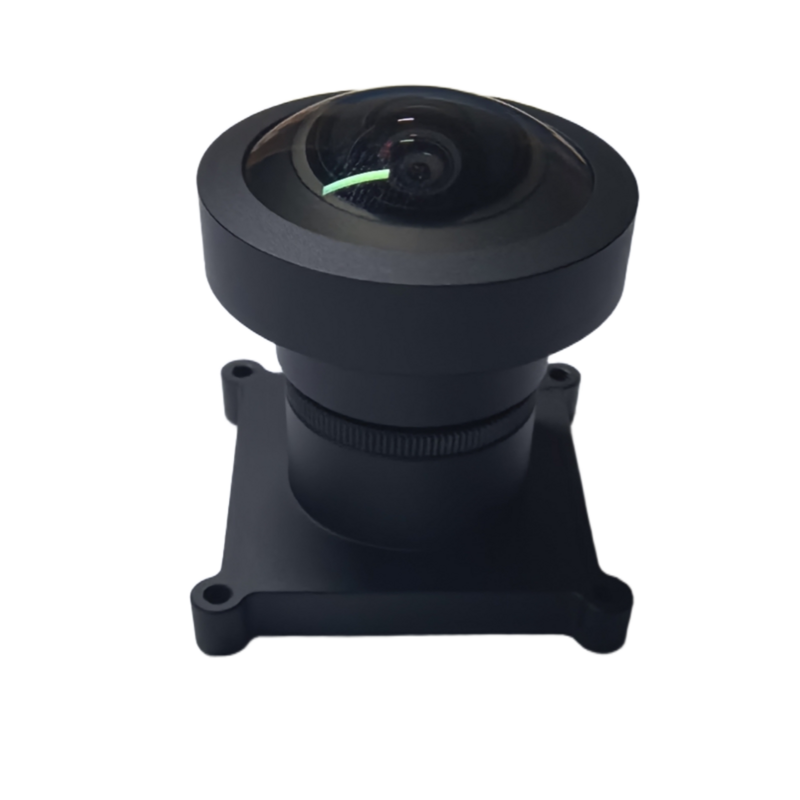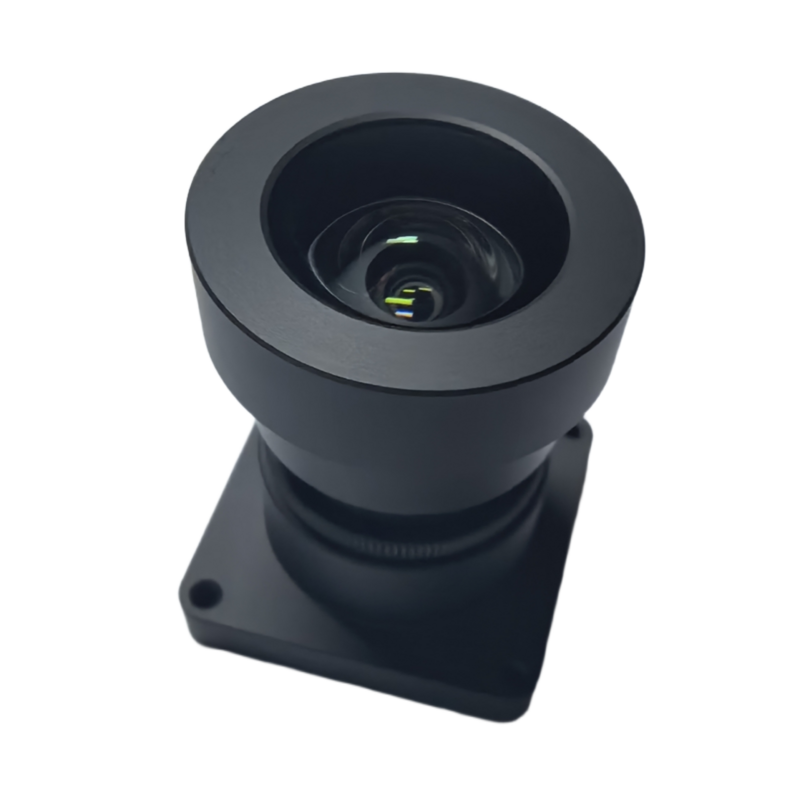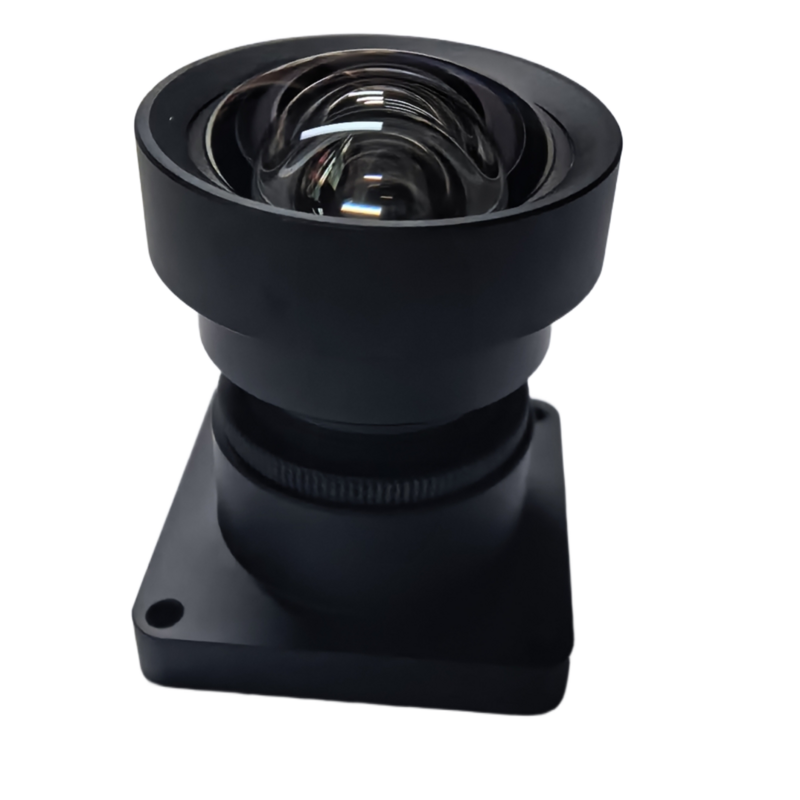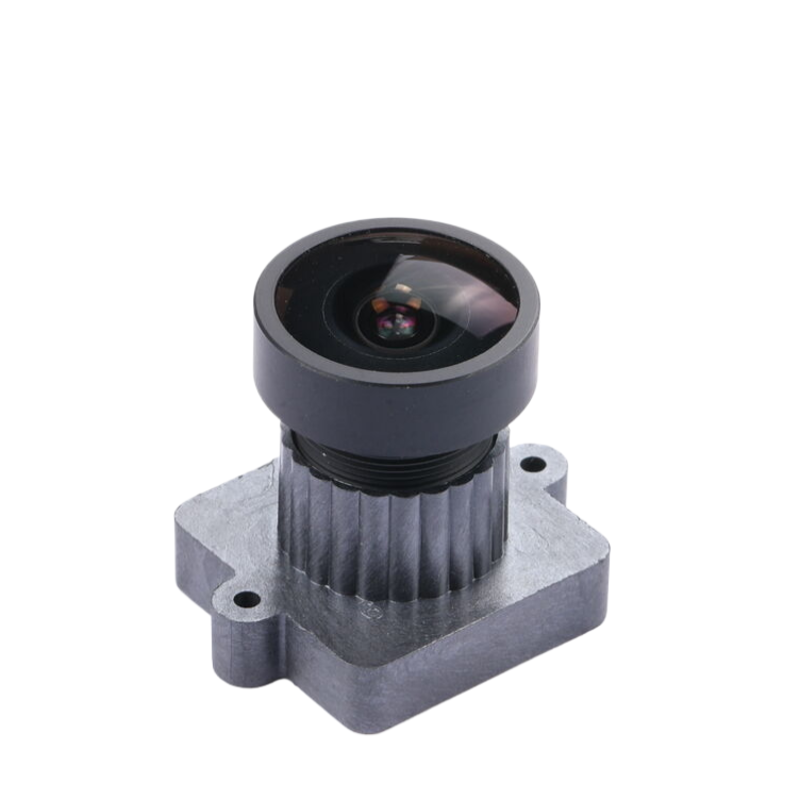Industrial News
Introduction: Enhancing Precision and Safety in Urological Surgery
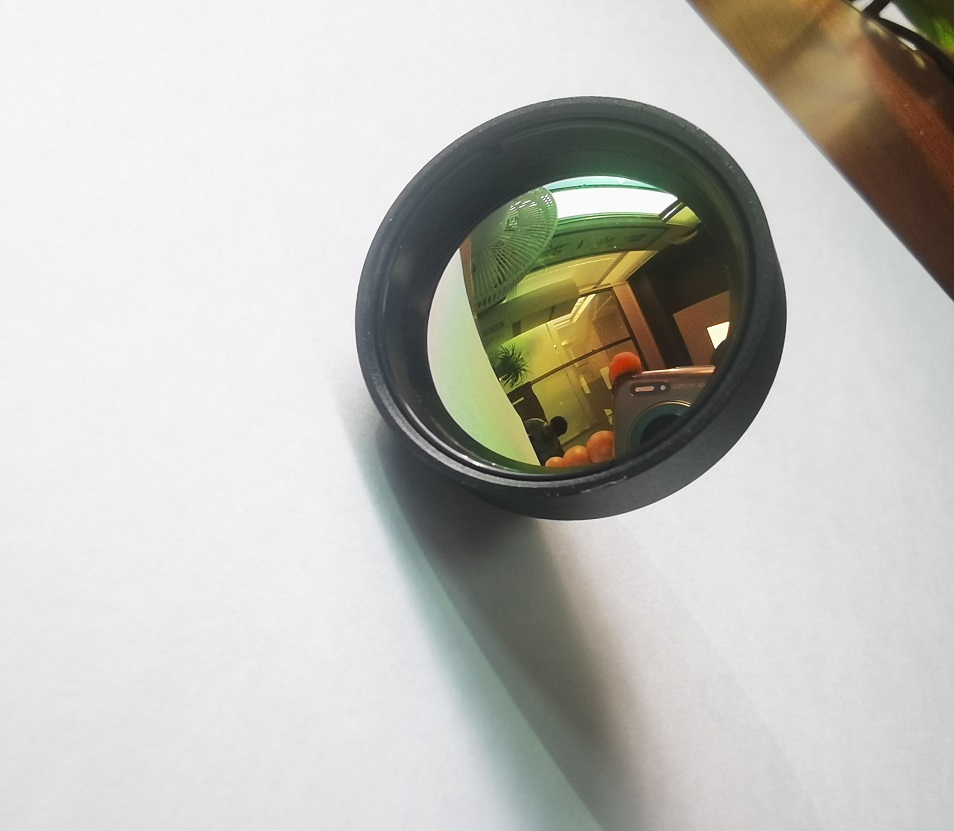
Urological surgery plays a vital role in diagnosing and managing various conditions related to the urinary system. With the advancements in technology, the application of medical lenses has revolutionized this field, bringing numerous benefits and improving patient outcomes. In this article, we will explore the significant advantages and applications of medical lenses in urological surgery.
Enhanced Visualization and Magnification
One of the primary advantages of medical lenses in urological surgery is the enhanced visualization and magnification they provide. These lenses allow surgeons to examine internal structures with increased clarity and precision. Through a combination of advanced optics and lighting systems, medical lenses enable surgeons to identify and navigate intricate anatomical structures, leading to improved accuracy in surgical procedures.
Minimally Invasive Techniques
Another important application of medical lenses in urological surgery is their role in facilitating minimally invasive techniques. Miniaturized cameras attached to these lenses can be inserted through small incisions or natural body openings, reducing the need for larger surgical incisions. This approach minimizes patient trauma, speeds up recovery time, and decreases the risk of postoperative complications. Additionally, minimally invasive techniques utilizing medical lenses often result in reduced blood loss, decreased pain, and improved cosmetic outcomes.
Training and Education
Medical lenses also play a crucial role in training and educating urological surgeons. Through the use of video recording capabilities, surgical procedures can be captured and used as teaching tools for aspiring urologists. Real-time transmission of surgical procedures to remote locations allows for live discussions and mentorship, further enhancing the learning experience. Moreover, medical lenses facilitate the dissemination of innovative surgical approaches, ensuring continuous advancement in urological surgery.
In conclusion, the application of medical lenses in urological surgery has revolutionized the field by improving visualization, enabling minimally invasive techniques, and facilitating training and education. The enhanced precision and safety provided by medical lenses have resulted in better patient outcomes and reduced morbidity. With further advancements in technology, medical lenses will continue to evolve, pushing the boundaries of what is possible in urological surgery.
 English
English  German
German Japanese
Japanese Korean
Korean Vietnamese
Vietnamese French
French Spanish
Spanish भारत
भारत
